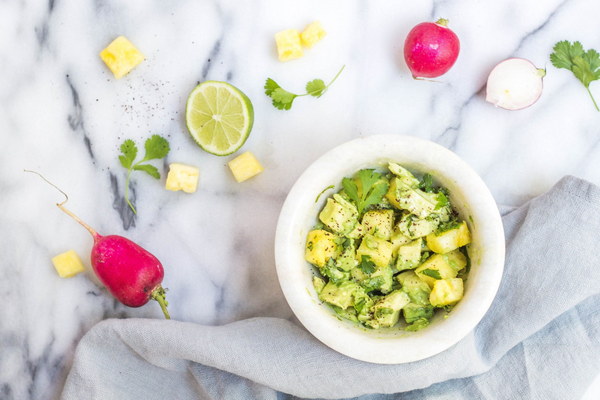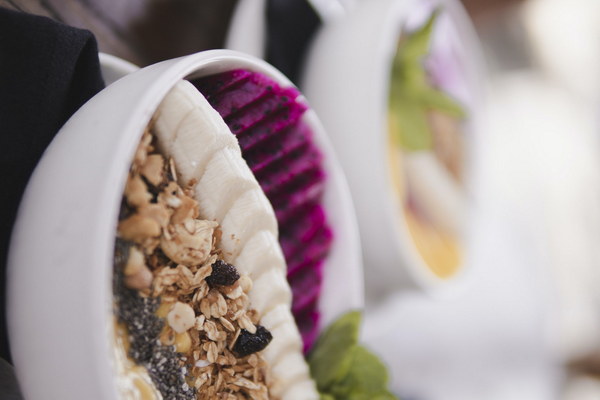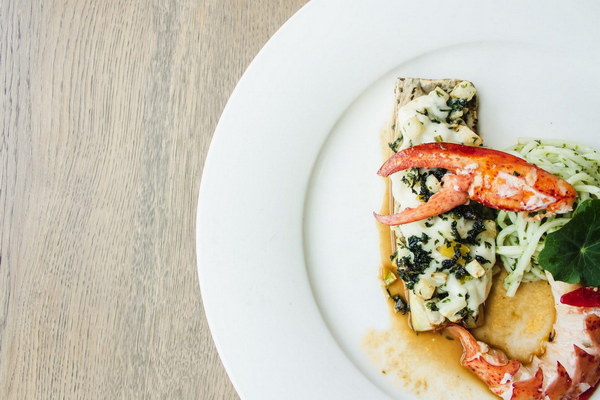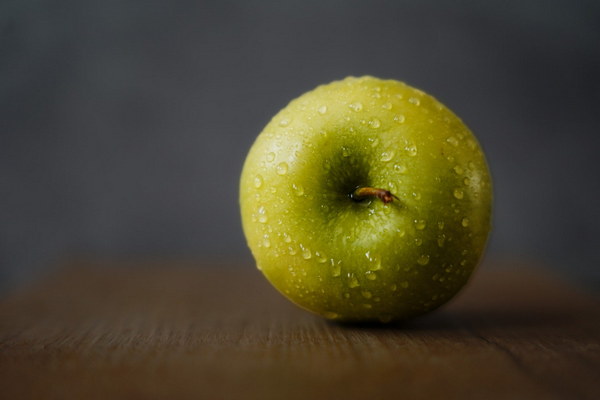Choosing the Right Herbs for Infused Wine A Guide to Health-Boosting Ingredients
Introduction:
Infused wine has long been a popular method for incorporating the health benefits of various herbs into our diets. Whether you're seeking to enhance your well-being or simply enjoy the unique flavors, selecting the right herbs for your wine is crucial. This article will guide you through the process of choosing the perfect herbal ingredients to create a health-boosting infusion that suits your preferences and needs.
1. Understand Your Goals:
Before diving into the selection of herbs, it's important to clarify your goals. Are you looking to boost your immune system, improve digestion, or simply relax after a long day? Understanding your objectives will help narrow down the best herbs for your infused wine.
2. Research Herbs with Health Benefits:
Once you have a clear goal in mind, research herbs that are known for their health benefits. Here are some popular herbs and their potential health benefits:
- Ginger: Known for its anti-inflammatory properties, ginger can help with digestion and reduce nausea.
- Echinacea: This herb is often used to boost the immune system and fight off infections.
- Rosemary: A cognitive enhancer, rosemary may improve memory and concentration.
- Honeybush: A South African herb with antioxidant properties, honeybush can help with stress and anxiety.
- Cinnamon: Known for its ability to lower blood sugar levels, cinnamon is a great choice for those with diabetes.
3. Consider Flavors:
While health benefits are important, the taste of your infused wine should also be enjoyable. When selecting herbs, consider their flavor profiles and how they might complement the taste of the wine you're using. For example:
- Citrus Peels: Add a refreshing, zesty flavor to white wines.
- Herbal Tea: Combine with a sweet dessert wine to create a soothing drink.
- Spices: Cinnamon, cloves, and star anise can add a warm, spicy note to red wines.
4. Check for Allergies and Interactions:
Always be mindful of any allergies or health conditions you may have. Some herbs can interact with medications or exacerbate certain health issues. For instance, echinacea may interfere with blood thinners, and ginger can increase bleeding risk for those on blood-thinning medications.
5. Experiment with Proportions:
The amount of herb you use can significantly impact the flavor and health benefits of your infused wine. Start with small quantities and adjust according to taste. For example, a teaspoon of dried ginger or echinacea can be a good starting point for a bottle of wine.
6. Store Your Infused Wine Properly:
After infusing the wine with your chosen herbs, it's important to store it properly. Keep it in a cool, dark place to preserve the flavor and health benefits. Avoid storing it in a refrigerator unless you plan to use it soon.

Conclusion:
Choosing the right herbs for your infused wine is a personal process that involves understanding your health goals, researching herbs, considering flavor profiles, and being mindful of allergies and interactions. With a little experimentation and care, you can create a delicious and health-boosting beverage that you'll enjoy time and again. Cheers to your wellness journey!









